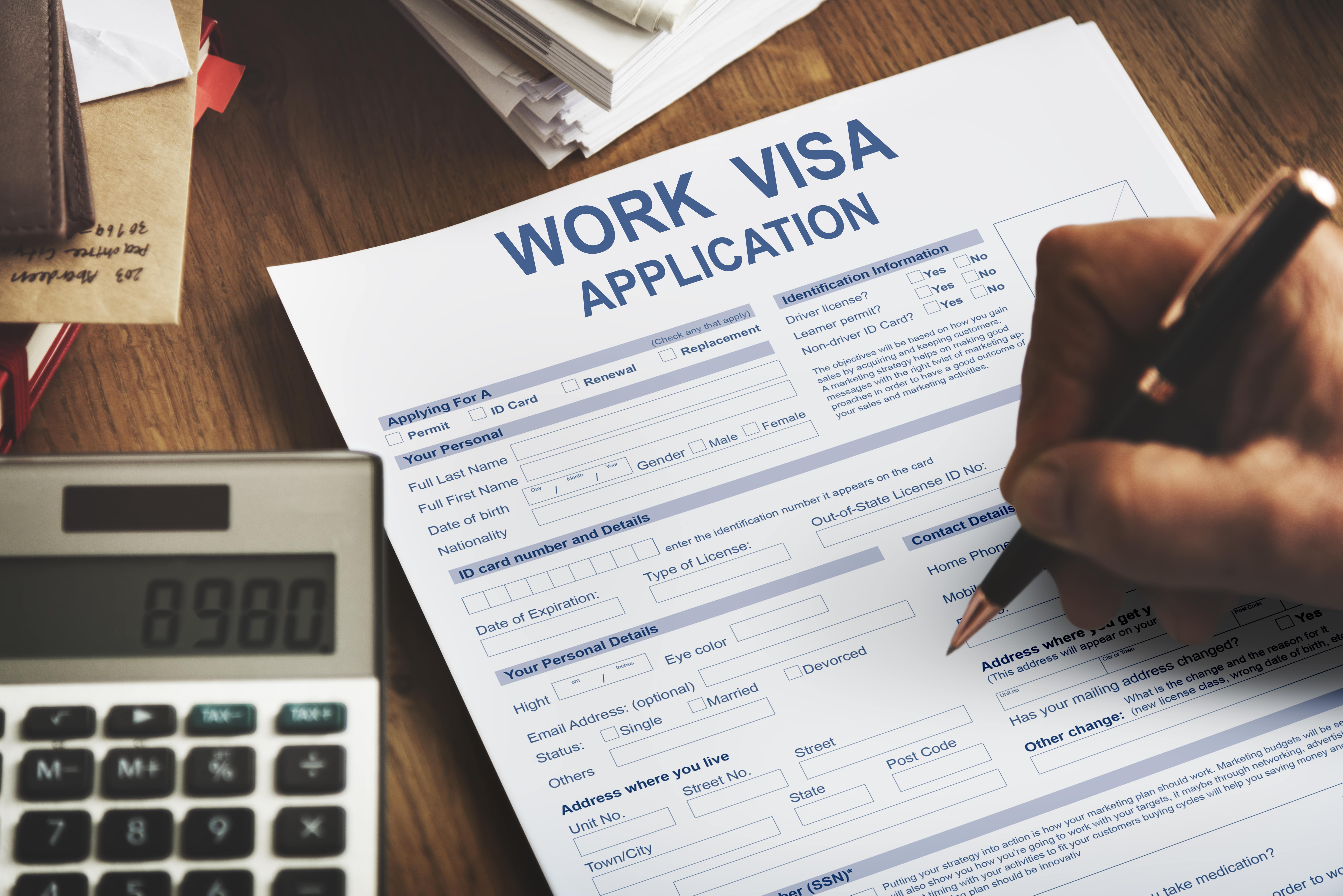Migration of specialists: which EU countries will be easiest to obtain a work visa in 2025
In 2025, the European Union continues to actively attract qualified specialists from outside the EU by simplifying the procedures for obtaining work visas. Many countries have optimized their immigration processes to fill labor shortages in key industries such as IT, engineering, healthcare, and finance. In this article, we will look at which EU countries have the most accessible conditions for obtaining a work visa in 2025.
Estonia: high approval rates and digital infrastructure
Estonia offers one of the simplest work visa processes in Europe. Applicants can start with a short-term D visa or apply for a long-term residence permit. A job offer from a registered Estonian employer and a medical certificate are required. The country has a high visa approval rate, making it attractive to foreign professionals.

France: a variety of visa options
France offers a variety of work visa options. A short-term visa is suitable for stays of less than 90 days, while a “Travailleur Temporaire” visa allows you to work for up to one year. You must have an employment contract before applying. The applicant's family members can also obtain residence and work permits.
The Netherlands: support for graduates and entrepreneurs
The Netherlands offers an “Orientation Year” visa for highly qualified graduates and researchers, allowing them to work and live in the country without additional permits. Entrepreneurs from the US can take advantage of the Friendship Agreement between the Netherlands and the US (DAFT), which simplifies the process of starting a business. Other work permits are also available for various professions.
Sweden: simplified process through the employer
In Sweden, the employers must prove that they have tried to find a candidate on the local and European labor market. The visa application is mainly processed by the employer, which makes the process easier for employees. The country also offers residence permits for the applicant's family members.
Lithuania: variety of work permits
In Lithuania, the work visa system is employer-oriented. Candidates must have a job offer before applying for one of the country's work permits, including the EU Blue Card for highly skilled workers, intra-company transfer visas, and seasonal work visas. Once a work permit has been obtained, an application for a residence permit must be submitted.
Iceland: a structured approach and work-life balance
Iceland offers work visas for professionals with a signed employment contract from an Icelandic employer. The application process involves obtaining both a work permit and a residence permit. The country is known for its structured labor immigration system and high level of work-life balance.

Latvia: flexible work permit system
Latvia offers a flexible work permit system that meets the requirements of a specific position. Applicants must obtain a D visa and a residence permit to work in the country. The process includes a background check before the permit is issued.
Slovakia: combined work and residence permit
Slovakia offers a “single permit” that combines a work and residence permit for candidates with a job offer. Seasonal work permits are also available for short-term employment of up to 180 days per year.
Luxembourg: simplified Process Through the National Employment Agency
Luxembourg has a simplified work visa system with different permits depending on the duration of employment. Employers must register candidates through the National Employment Agency (ADEM). The country also offers high minimum wages in Europe.
Czech Republic: variety of visa options
The Czech Republic offers several visa options, such as the Employee Card for non-EU citizens, which also serves as a residence permit. The EU Blue Card is intended for highly skilled workers, and the Employee Transfer Card assists with intra-company transfers.
In 2025, many European Union countries simplified their work visa processes, striving to attract skilled professionals from outside the EU. Estonia, France, the Netherlands, Sweden, Lithuania, Iceland, Latvia, Slovakia, Luxembourg, and the Czech Republic offer a variety of programs and visa options that take into account the needs of different professionals. Choosing the right country depends on your specialization, career goals, and personal preferences. Carefully researching the requirements and opportunities of each country will help you successfully start your professional career in Europe.
